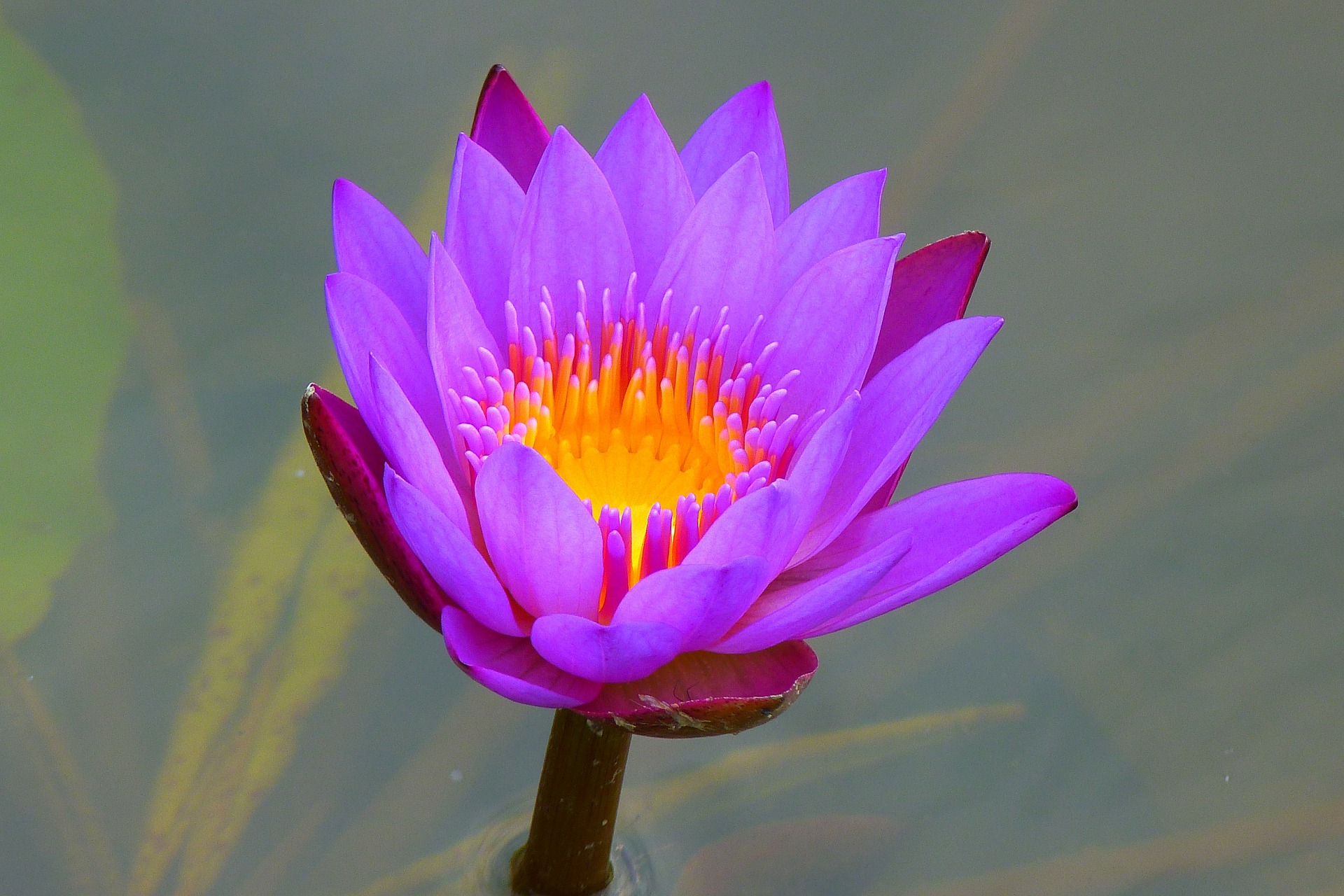If you read my last post, you know that I am beginning a blog series on the subject of integrative mental health. Welcome to my first interview in the series! As I mentioned in the previous post, I knew little about acupuncture when one of my clients asked me if it helps with depression.
I'm on a quest to learn more and to that end, I'm fortunate to share office space with a skilled acupuncturist, Rachel Sara Strass, MAc, MOM, LAc, Dipl OM of Spirit Point Healing. Check out her website for information on her services and acupuncture in general. Rachel Sara graciously agreed to be interviewed for this series to teach me more about how she uses acupuncture.
Reading up online, I found this article from Scientific American that discusses the results of two different studies on acupuncture showing some improvement in symptoms and recommending further study - though one of the studies refers to "electroacupuncture," using needles and electric currents - which is different from traditional acupuncture. Here is another article from Healthline which references effects of using the mind-body connection to heal symptoms. Read on for my interview with Rachel Sara!
Tell me about your work. What is acupuncture? Are there different types? If so, what type(s) do you offer?
Acupuncture is the use of very fine pins to stimulate changes in the flow of energy (or qi - pronounced ‘chee’) in a person or animal. Acupuncture removes blockages to the flow of qi and puts the systems in balance. This puts you in touch with your own ability to heal yourself. In a nutshell, it is remembering who you are and finding your way home.
There are several different types: classical, TCM, Korean hand, to name a few. I practice classical acupuncture which is based on the Chinese classics written about three thousand years ago. As more knowledge has been discovered, it has been woven into this holistic medicine, which attends to the body, mind, and spirit. Today’s classical acupuncture is very different from 3,000 years ago, but it has not lost this nugget.
What benefits does acupuncture offer? Are there any risks? Who is a good candidate for acupuncture? Who should not receive acupuncture?
Acupuncture offers many benefits with very few risks. The benefits acupuncture offers include all sorts of markers of well-being, such as faster recovery from surgeries, illnesses, and traumas, relaxation, better sleep, relief from pain, improvement of quality of life in chronic and terminal illnesses, improvement of emotional health, mental conditions, digestive issues, as well as lower back pain, sciatic pain, knee pain, etc.
The risks of acupuncture are possible bruising from the needle or in very rare cases, puncture of organs if the needle is improperly placed or Hepatitis from a contaminated needle. This last risk would be next to impossible, since almost all acupuncturists today would never re-use needles between patients.
Many people who come to me for therapy services are affected by anxiety and depression. Is acupuncture beneficial to people with these issues?
Yes, absolutely. I have had a lot of success with people’s anxiety and depression. Acupuncture is very relaxing and can bring mental and emotional imbalances into balance. I also use Chinese herbs in many cases with good success rates.
What else do you want people to know about the services you offer?
My main focus is patient satisfaction. I take the time I need to make sure there is a healing relationship with every person I treat. I find it increases the efficacy of the treatment and makes my work very enriching for everyone involved.
In addition to everything else I’ve said, I have one final note. Using Chinese herbs and acupuncture together with Western medicine and pharmaceuticals is a very powerful combination. In China, they have been doing and documenting this for over fifty years. From this effort, we have learned that overall, there is a better prognosis, fewer side effects, with quicker results than either modality alone.
Rachel Sara Strass holds two Masters degrees in Acupuncture (MAc) and Oriental Medicine (MOM), which took 6 cumulative years of training including clinical components. After eight years in professional practice, she is now pursuing a Doctorate in Oriental Medicine (DOM). Her office is located at 645 B&A Blvd, Suite 107 in Severna Park, MD. She can be reached by phone at 410-570-2896, via e-mail at: rachel@spiritpointhealing.com, or via her website: http://www.spiritpointhealing.com. She works with people of all ages, from early teens to geriatric.
While the research is slowly catching up to what has been practiced in Eastern medicine for years, there is some compelling evidence that acupuncture can be helpful on its own or in addition to talk therapy for stress, anxiety and depression. Time magazine reports on a recent study which found benefits of acupuncture, which you can read here.
I hope you learned something new! What do you think about acupuncture? Have you tried it? Let's get a conversation going. Please share your thoughts and/or experiences in the comments below!
Sources:
Park, A. (2013, March 15). Needle this: Study hints at how acupuncture works to relieve stress. Retrieved from: http://healthland.time.com/2013/03/15/needle-this-study-hints-at-how- acupuncture-works-to-relieve-stress/
Rodriguez, T & Stern, V. (2014, June 12). Can acupuncture treat depression? Retrieved from: http://www.scientificamerican.com/article/can-acupuncture-treat-depression/
Watt, A. (2013, December 9). Acupuncture and depression. Retrieved from: http://www.healthline.com/health/depression/acupuncture#1


